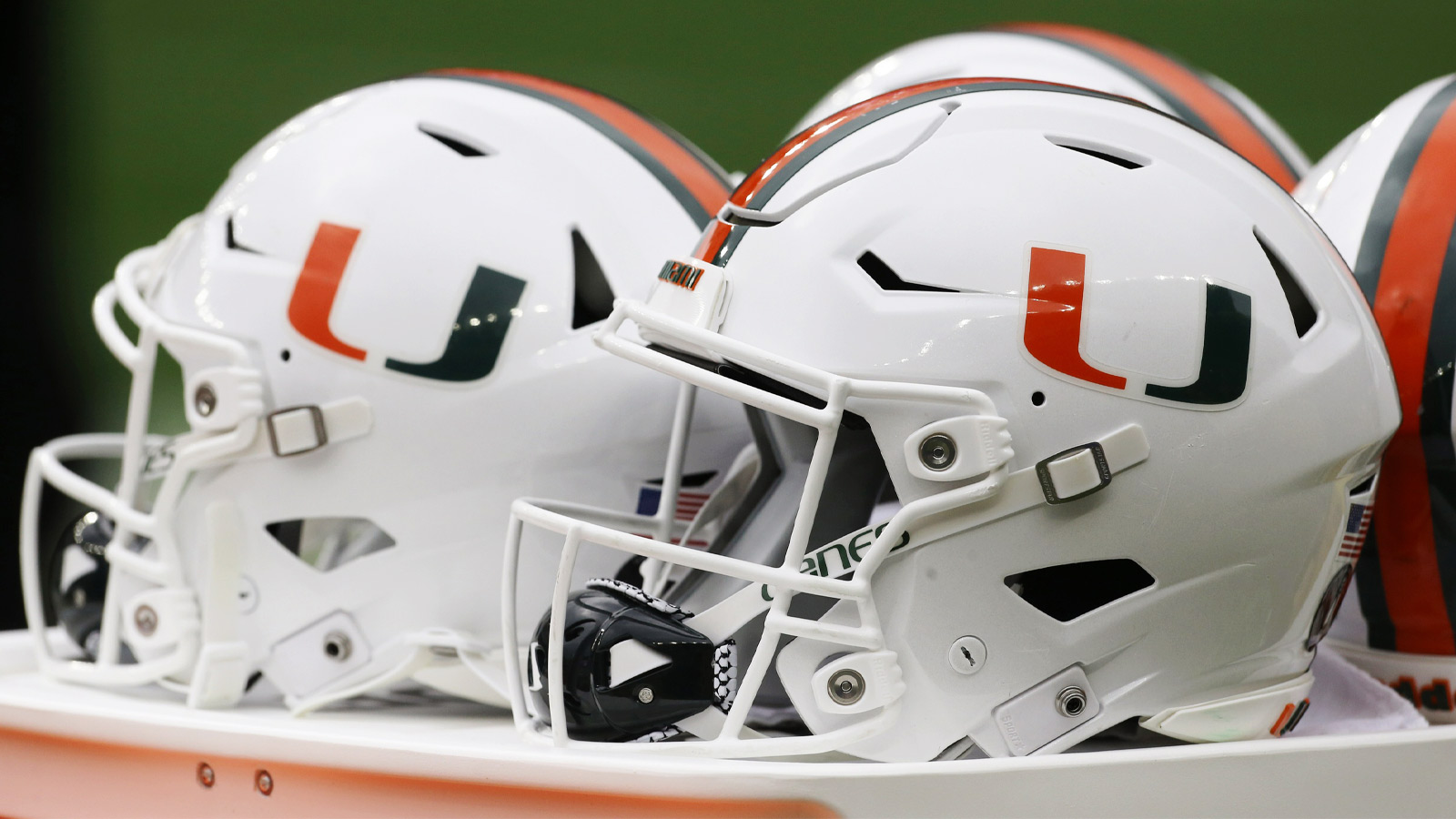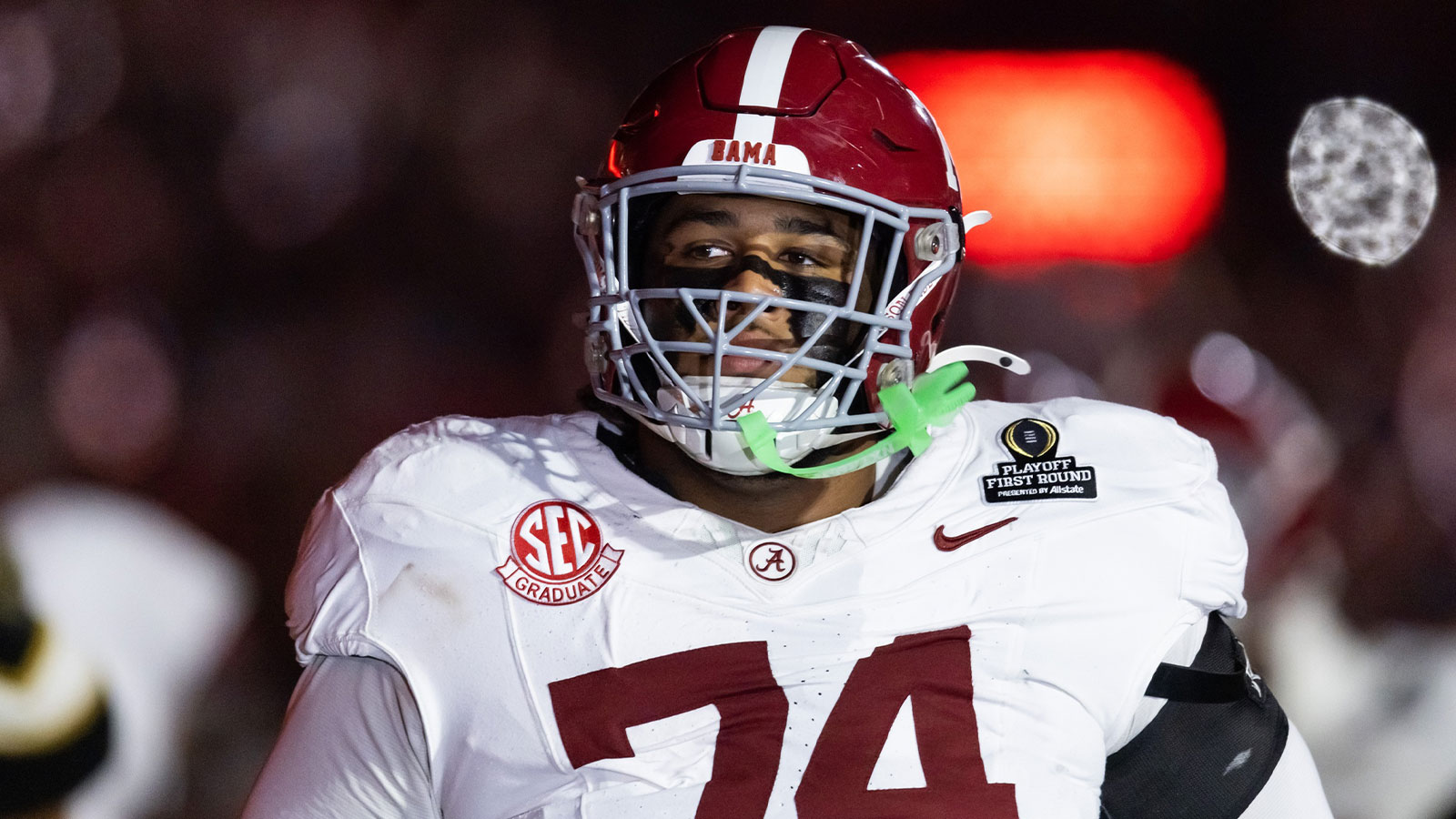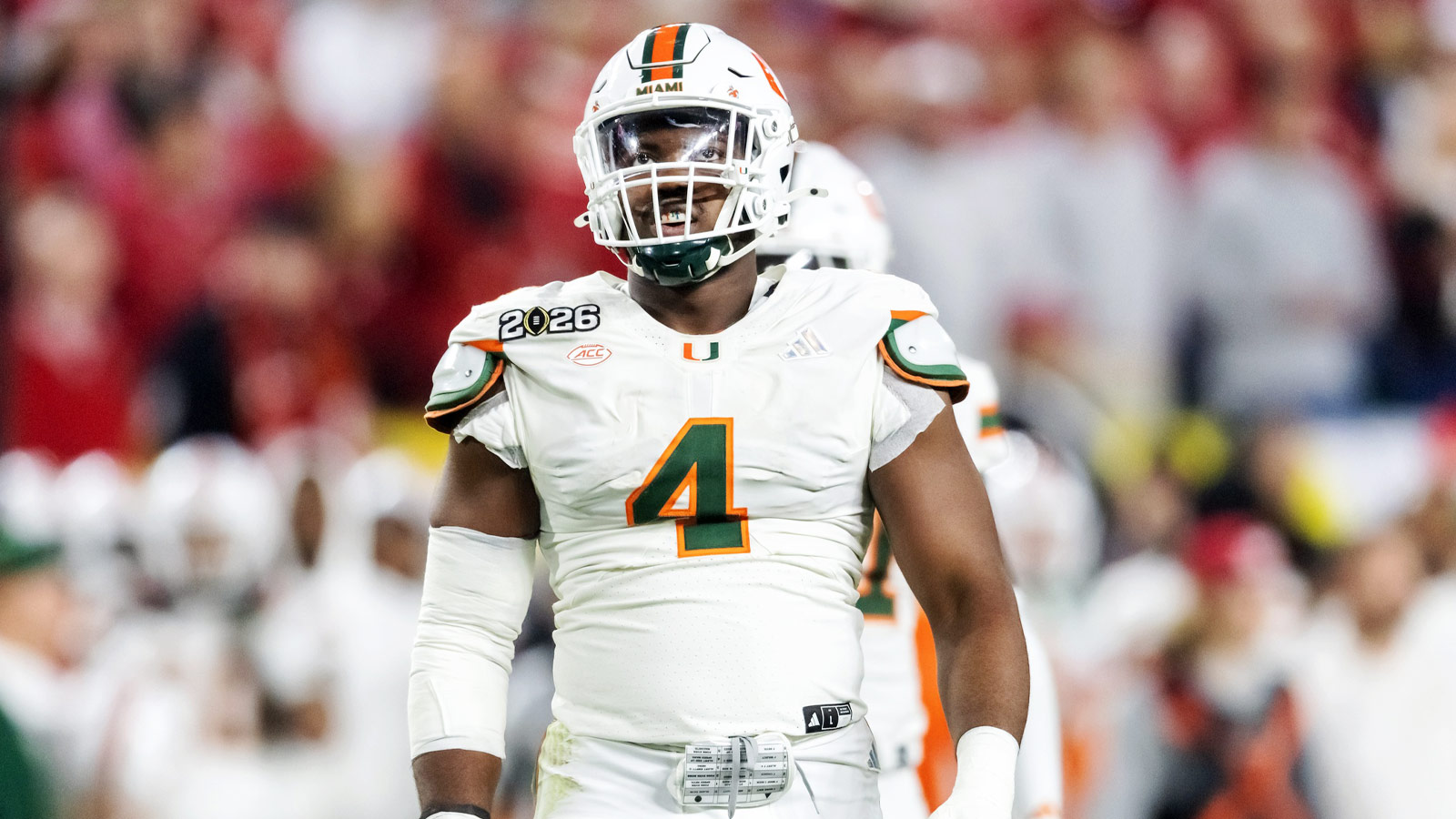Jim Harbaugh and the Michigan football team have easily handled all opponents they've faced on the field so far this season. The Wolverines are currently 9-0 and have outscored their opponents 366-60 in those nine games.
Their three toughest tests are still to come, with road games at Penn State and Maryland the next two weeks, leading to what will most definitely be a heated showdown versus the Ohio State Buckeyes in the final week of the season. But the two opponents that even the historically dominant Wolverines are likely to struggle against are the ones they won't see on the gridiron.
Fortunately for Jim Harbaugh and the Michigan football program, a matchup with the NCAA is unlikely to take place until 2024, but it's looming, and it's one that could be the equivalent of a blowout loss for Michigan football. That other opponent? It's the Big Ten, and from the sounds of it, Michigan won't have the benefit of waiting until the new calendar year to deal with them.
A Jim Harbaugh suspension handed down from the Big Ten in the next couple of weeks looks more and more likely by the day, but when will it happen? The rest of the coaches in the Big Ten made a passionate plea last week to Big Ten commissioner Tony Petitti to take swift action in this matter, but according to a tweet from ESPN's Pete Thamel, “the Big Ten's sportsmanship rules allow for a ‘reasonable' chance to respond to an institution or individual.”
Simply, what this means is, a suspension for Harbaugh in the next 48 hours is unlikely. And even if one comes after the 48-hour window, Harbaugh, University president Santa Ono, and the Michigan football program won't go down easy. According to Thamel, “sources have told ESPN that they’ll be a legal battle if there’s a punitive suspension by the Big Ten to Jim Harbaugh.”
It's only a matter of time before Michigan goes head-to-head with the conference they call home. The metaphorical hourglass has already been flipped over, and the Wolverines will soon enough be backed into a corner and forced to fight on two fronts. And one of the few lessons that I recall from history courses I took over a decade ago is that it's almost always a bad idea to fight a war on two fronts.




















